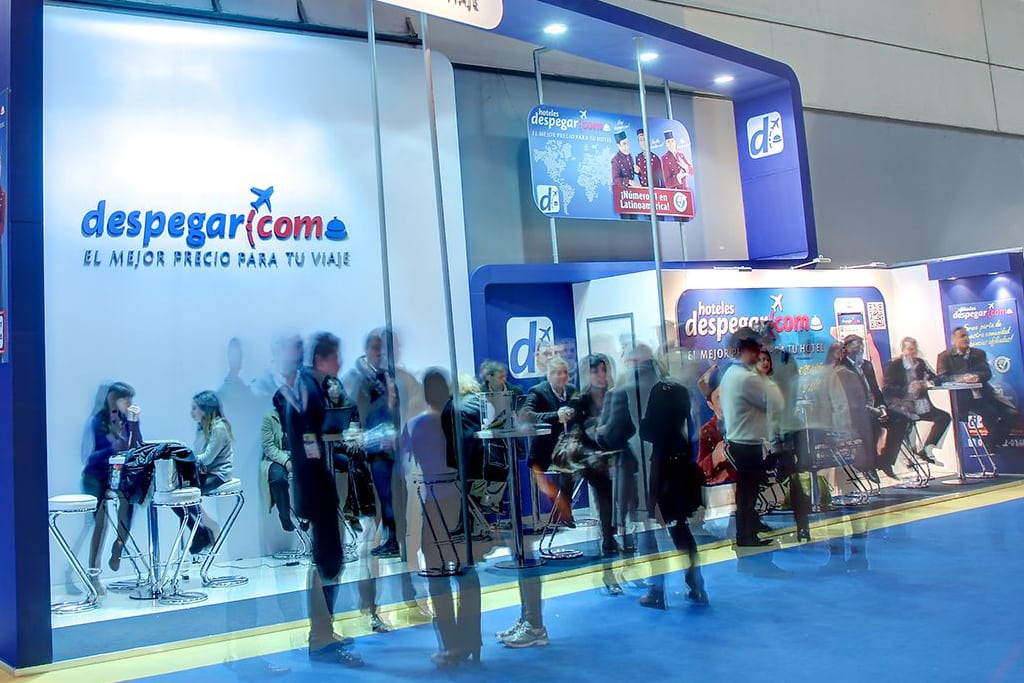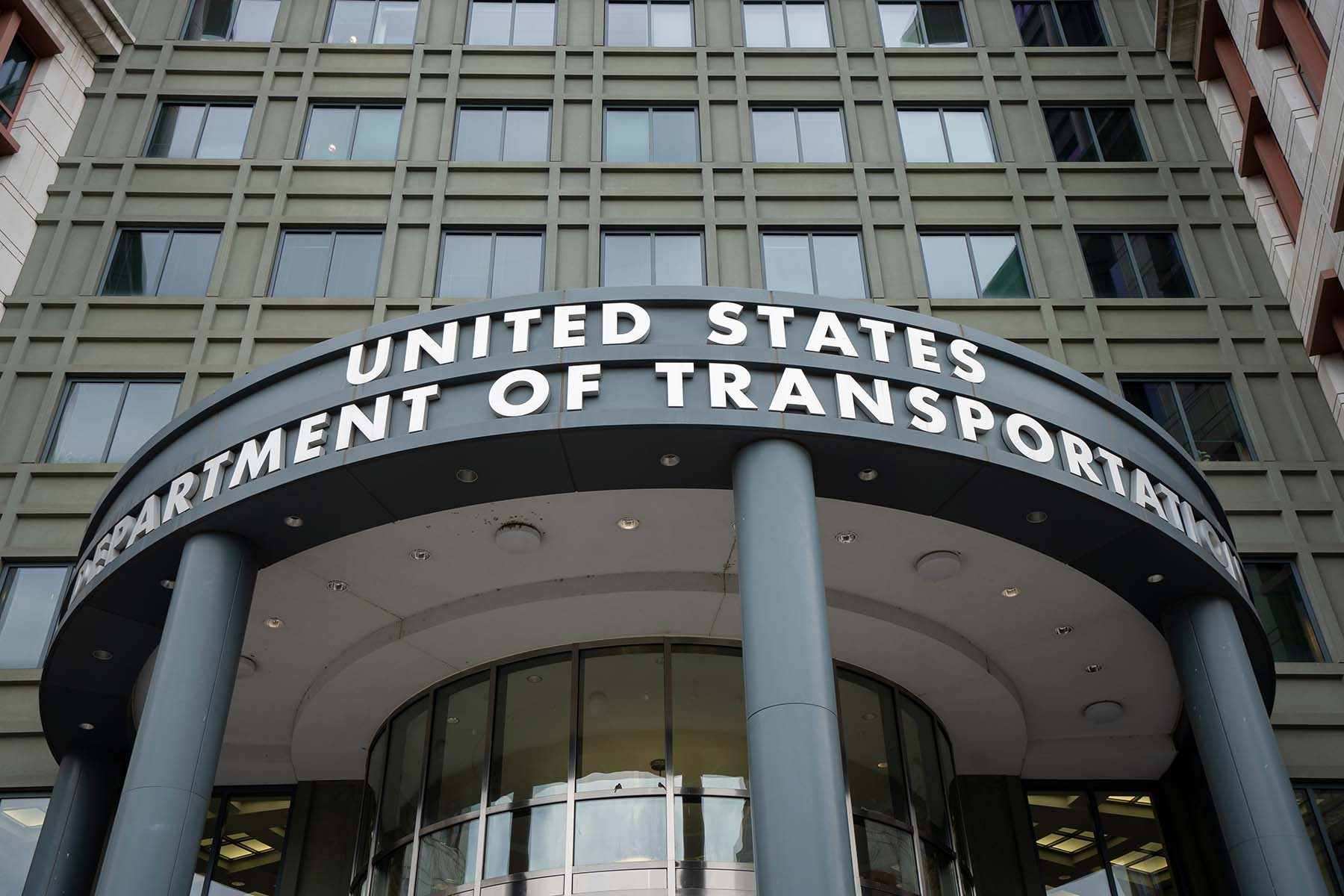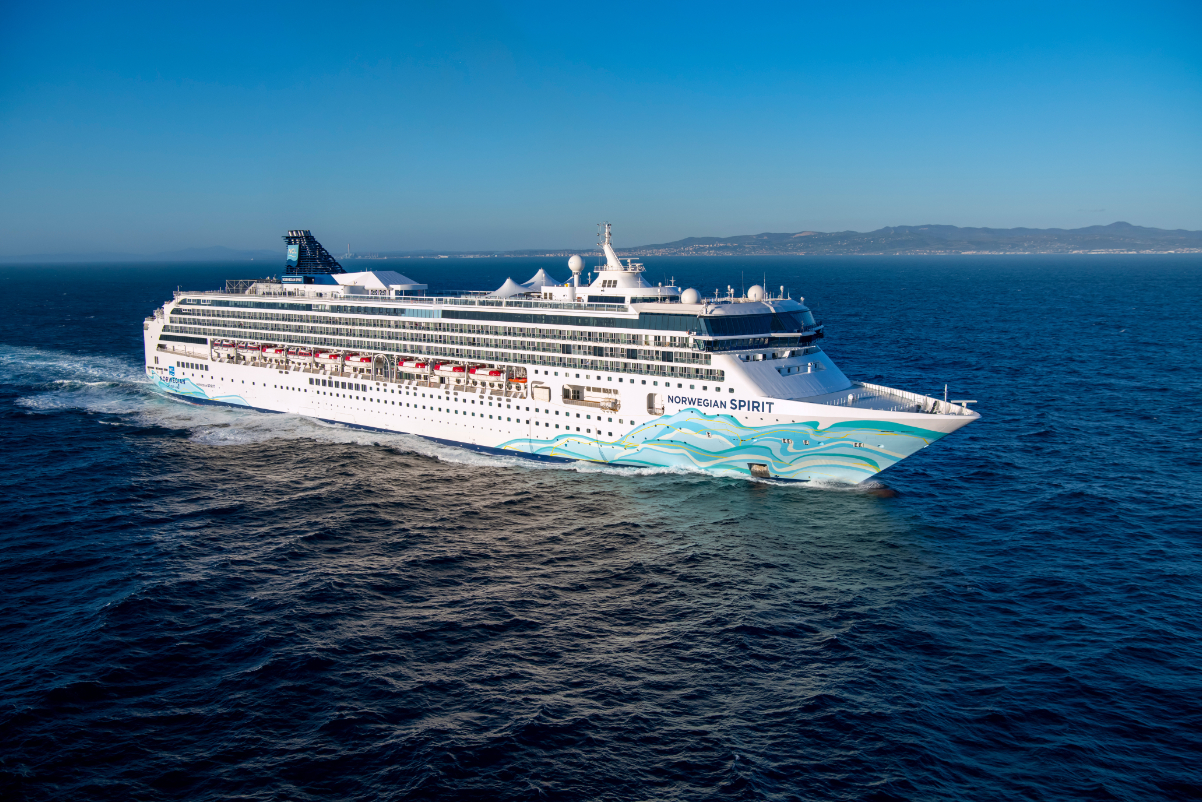Despegar Attempts to Expand Further Beyond Flights

Skift Take
Despegar said Thursday that it was having success selling vacation packages around South America and that these packages are more profitable than its mainstay flight-only business.
Latin America's largest online travel agency said it saw a significant opportunity to grow its packages, hotel, and other non-air products through marketing and cross-selling initiatives, such as offering exclusive discounts on related products upon checkout, targeted post-sale emails, and personalized in-destination mobile marketing.
The company, which used to rely heavily on selling airplane tickets, said that it had been steadily diversifying. In the first quarter of 2018, 46 percent of its transactions were for packages, hotels, and other non-air segments.
Overall, the company said net income in the first quarter rose 35 percent to to $16.3 million on $148.6 million in revenue, a 22 percent jump.
Revenue for the non-air segment increased 35 percent to $87.7 million. That helped the company nudge up its revenue margin to 12.1 percent year-over-year, up from 11.9 percent a year earlier. The margin gains helped compensate for declining profitability in Despegar's air ticket business.
Overall, the company said net income rose 35 percent to to $16.3 million on $148.6 million
Investors had a muted reaction to the upbeat results. The Argentine company stock was trading on Thursday around $29 a share. Despegar debuted on the New York Stock Exchange in September, and sold 12.8 million shares at $26 each.
The company remains relatively small, despite being the largest online player in markets like Brazil and Argentina. For example Despegar's quarterly revenue was only 39 percent as large as TripAdvisor's $378 million revenue for the same quarter, although the two are very different businesses. Fittingly, TripAdvisor's market capitalization is three times' as large.
In a report, UBS analyst Eric Sheridan predicted that Despegar is likely to achieve 20 percent revenue growth compounded annually over the next three years.
Despegar's current stature reflects regional dynamics. Consumers in many countries in Latin America have been slow to adopt online travel shopping. Until 2014, a majority of Despegar's bookings came over the phone — including many landlines.
Its investor base is also highly concentrated. According to estimates by research firm Standard & Poor's, based on recent financial filings, Expedia owns about 13 percent of the company's shares. Hedge funds own about 43 percent directly and another 9 percent via indirect investment vehicles. Venture capital firms own about 9 percent.
Despegar could be acquired by Expedia Group at some point; Expedia has options to do so.
The company remains one of Latin American's rare unicorns, or tech start-ups that are worth more than $1 billion. Its market cap is $1.93 billion.





